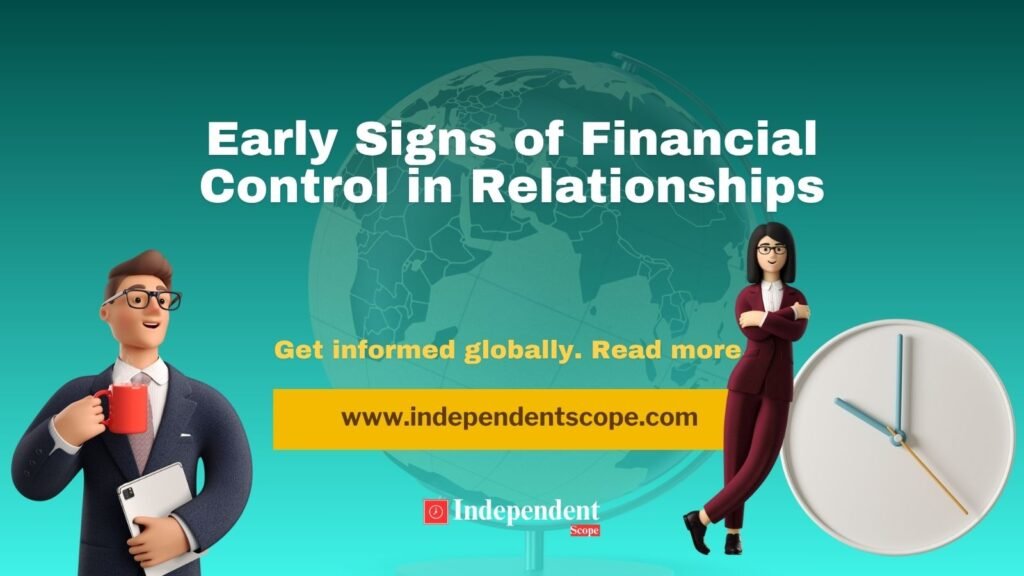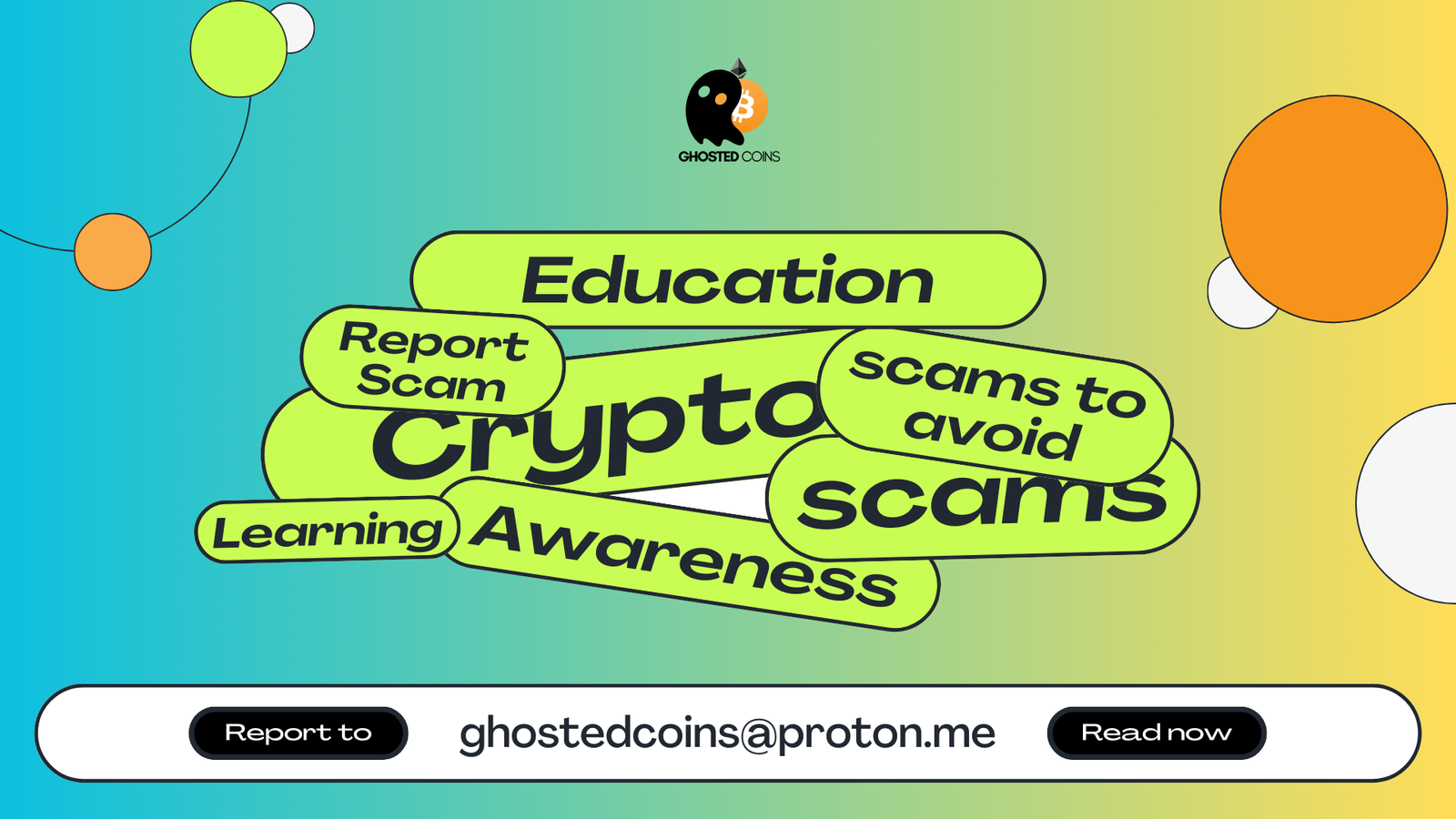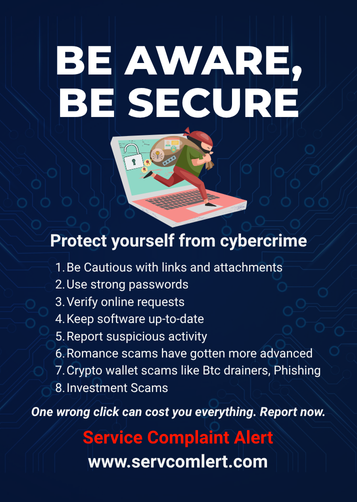It often begins quietly. A partner offers to “handle the bills” to make life easier, or suggests merging bank accounts “because that’s what couples do.” At first, it can feel like a gesture of trust. But over time, these small shifts can mask something more insidious — a gradual erosion of your financial autonomy.
Financial control is one of the most overlooked forms of relationship abuse. Unlike visible bruises or raised voices, it hides behind shared bank statements, “budget talks,” and everyday purchases. Yet it can have life-altering consequences — limiting your freedom, weakening your safety net, and trapping you in a dynamic where leaving becomes a financial impossibility.
Why Recognizing Financial Control Early Matters
Financial abuse rarely starts at full intensity. It tends to escalate as the relationship deepens, often alongside other controlling behaviors. By the time a person realizes they’re not allowed to make purchases without permission, or that their accounts are monitored, the dependency may be deeply entrenched.
Studies from the National Network to End Domestic Violence show that 99% of domestic abuse cases include some form of financial control. This isn’t just about money — it’s about power. Once a person loses access to their own finances, their ability to make independent choices diminishes drastically.
Subtle Red Flags You Shouldn’t Ignore
1. Taking Over All Financial Decisions Without Discussion
While it’s natural for one partner to be more financially savvy, a red flag appears when one person assumes total control without transparency. If you’re being excluded from budgeting, investment decisions, or even how much is saved, it can signal an imbalance of power.
2. Restricting Access to Bank Accounts
Sometimes framed as “simplifying finances,” this tactic can leave you dependent on your partner for everyday needs. A lack of access means you can’t monitor spending, identify potential misuse, or ensure your own savings are protected.
3. Criticizing Your Spending Habits Excessively
Occasional budget disagreements are normal. However, constant shaming over small purchases — especially when you’re contributing financially — can be a tool to make you feel incapable of managing money.
4. Forcing Financial Merges Too Quickly
Combining finances is a major decision. If your partner insists on shared accounts early in the relationship, particularly without clear agreements on contribution and spending, it may be a move to gain control rather than promote unity.
5. Monitoring or Approving Purchases
If you feel you need permission to buy something, even small personal items, it’s a sign of financial micromanagement. This type of oversight can extend to limiting your ability to purchase gifts, invest, or donate to causes you care about.
The Human Cost of Financial Control
The impact isn’t just about the numbers in an account. Financial control erodes self-esteem, creates dependency, and isolates people from their support systems.
Take Rachel’s experience. She met her partner while starting her first job. He offered to “manage” her student loan payments and handle their rent. Over time, Rachel stopped checking her bank statements because he always “had it covered.” When she finally did, she discovered most of her savings were gone — spent on joint expenses she never agreed to. By then, she didn’t have enough to move out or even hire legal help.
Digital Finance: A New Layer of Risk
Modern relationships often involve shared access to online accounts, apps, and even cryptocurrency wallets. While digital finance offers convenience, it also opens doors for discreet control — changing passwords, transferring funds without notice, or locking someone out of their own accounts.
As the line between traditional banking and crypto investing blurs, financial safety requires extra vigilance. Some tools now integrate secure storage, investment options, and even crypto cards in a single ecosystem. For example, Voyallet (Voyage Wallet) provides multi-layer authentication and privacy-focused asset management — features that can help individuals maintain financial independence while navigating joint finances.
How to Protect Yourself Before It Escalates
Maintain Individual Accounts
Even if you choose to have a joint account for shared expenses, keep a separate personal account in your own name. This ensures you have funds accessible in case of emergencies.
Keep Your Own Records
Save copies of financial statements, tax documents, and loan agreements. Cloud storage with private access can ensure these remain available to you alone.
Monitor Digital Access
Be cautious about sharing passwords to financial accounts, and regularly update your login credentials. In crypto or digital banking, enable multi-factor authentication.
Build a Discreet Safety Fund
Having a small reserve in an account only you can access can be critical. Even small, regular deposits add up over time.
Seek Confidential Advice Early
If you feel your financial independence is slipping, reach out to a trusted advisor, financial counselor, or domestic abuse helpline, Service Complaint Alert (SCA). Early advice can prevent deeper entanglement.
Reclaiming Autonomy After Financial Control
Escaping a financially controlling relationship requires both practical and emotional steps. Financially, it may involve opening new accounts, securing credit, and rebuilding savings from scratch. Emotionally, it means regaining confidence in your ability to manage your own resources.
Some survivors turn to modern, secure financial tools to rebuild — moving assets into private, encrypted accounts or wallets that only they can access. The process is not just about reclaiming money; it’s about restoring agency over your own life.
Closing Insight
Financial control is not love, protection, or partnership — it’s a method of limiting freedom. The earlier you recognize the signs, the sooner you can take steps to protect your independence. Your financial life is part of your identity, and safeguarding it is not selfish; it’s essential for both your present security and your future freedom.


















